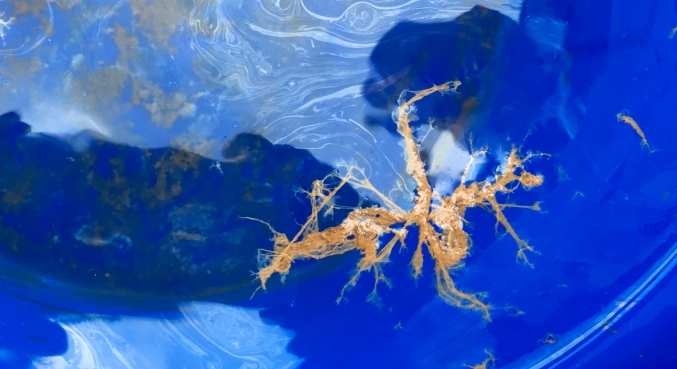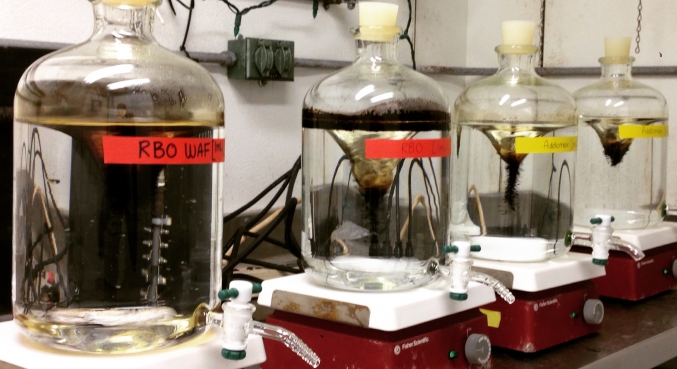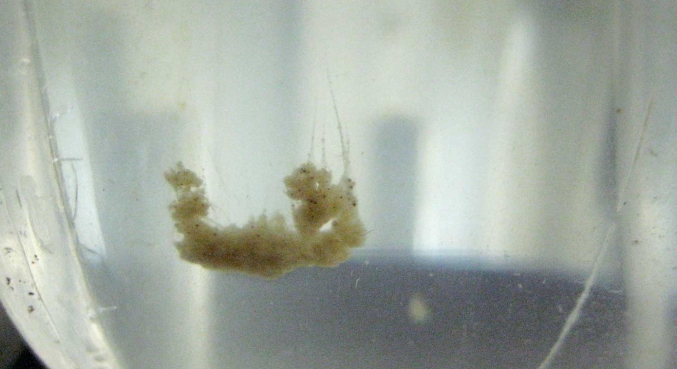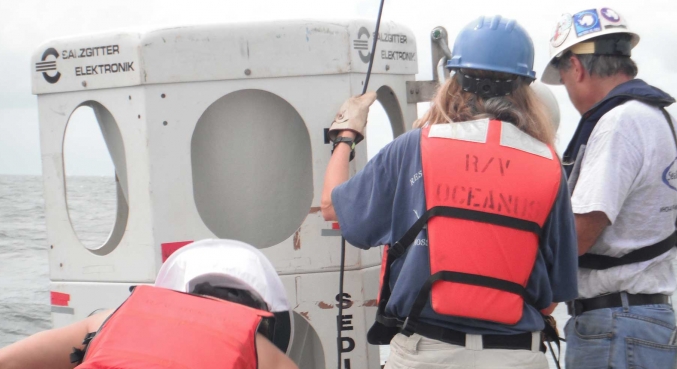The research in our lab focusses on understanding the marine carbon cycle. As biological oceanographers, we are particularly interested to understand how organisms and ecosystems affect the cycling of carbon. Most of our work investigates aspects of the functioning of the biological pump, and especially the role of marine snow for vertical carbon flux. We are deeply interested in the effects of human perturbations of the environment on carbon cycling and the biological pump.
Ocean acidification, which is a consequence of rising atmospheric CO2, may potentially change the efficiency of the biological pump and alter the amount of carbon sequestered by the ocean on timescales of decades or longer. Our work addresses these issues.Specifically we are now conducting Multiplestressor experiments, where we investigate the response of phytoplankton to ocean acidification when temperature and light conditions are changing simultaneously. Whereas organisms often are not perturbed significantly in the presence of one stressor, a combination of stresses, can have drastic effects, even inhibiting growth completely. Multistressor experiments are challenging to conduct, and the best way to approach this scientific problem is currently actively discussed in a SCOR working group. These multistressor experiments will provide a basis to predict the impact of climate change on phytoplankton growth and thus the biological carbon pump. PICES WG 33 works internationally towards understanding the impact of climate change on the biological carbon pump. We thank the National Science Foundation (NSF) for funding our work on ocean acidification, multiple stressors and climate change.
The accidental release of oil impacts the marine carbon cycle in ways that are still poorly understood. We study the role of marine snow and sedimentation for the fate of oil spilled in the Deep Water Horizon spill April 2010 in the Gulf of Mexico. Thank you to NSF for funding the initial work after the accident. Currently we are funded by the Gulf of Mexico Research Initiative (GoMRI) though ECOGIG (ECosystem Impacts of Oil and Gas Inputs to the Gulf) and ADDOMEx. See a movie on the role of marine snow for the transport of oil.




